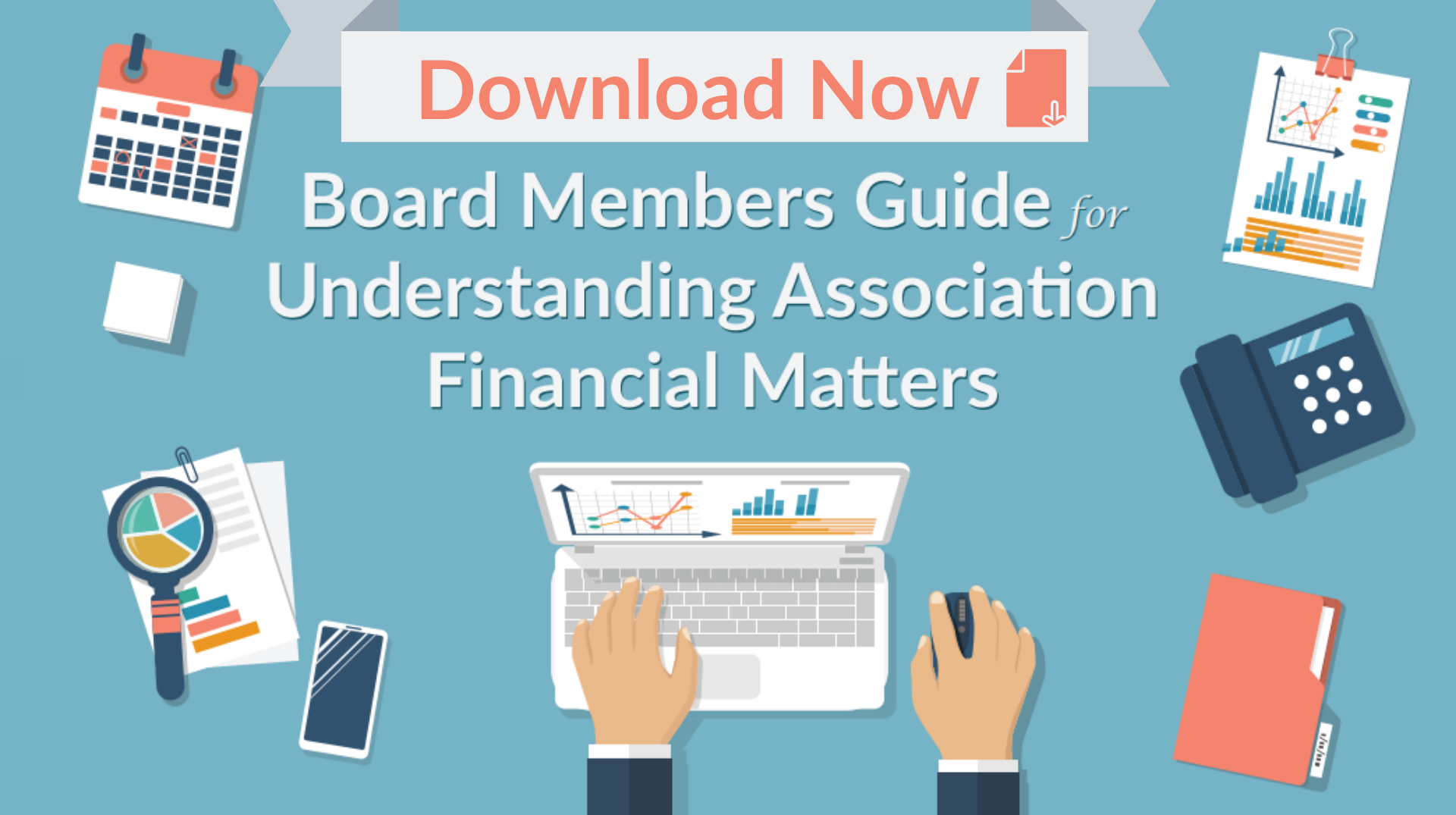Part 1: Assessments Defined
Part 1 | Part 2 | Part 3
What is an Assessment? An assessment (sometimes referred to as a Maintenance Fee) is an Owner’s financial obligation to a community association during a given period of time (typically one year). It covers the owner’s share of the common expenses. An annual assessment may be paid on a monthly, quarterly or annual basis. An assessment is a binding legal obligation based on the community association’s governing documents. In condominiums and planned communities, assessments are binding obligations that the owner cannot avoid.
What is a Special Assessment? A special assessment is a one-time assessment to cover a major expense such as a major repair or replacement that was not included in the annual operating budget (nor in the regular assessment).
What Authority does the Community Association have to collect Assessments? Authority to collect assessments can come from three sources:
- Federal Laws and Regulations: Federal laws such as the Federal Fair Debt Collection Practices Act and Soldiers and Sailors Civil Relief Act may apply to your community association’s collection efforts; consult with your legal counsel.
- State Statutes: State Statutes that enable the establishment of a community association typically state that the association board has the power to collect assessments. These statutes also state what procedures a community association must follow in order to collect delinquent assessments.
- Governing Documents: Governing Documents typically cover the following items:
- Mandatory nature of assessments
- Authority to collect assessments
- Purpose or use of assessments
- Basis for calculating assessments
- Reasons for levying fines, fees, etc.
- Payment procedures
- Collection procedures for delinquent payments
ESTABLISHING A COLLECTION POLICY
All associations are well advised to adopt a formal collection policy, in which all actions are automatically and systematically executed. A formal collection policy is the foundation of a successful program for maintaining necessary cash flows and reducing financial loss from owner defaults on assessment payments. This collection policy provides a systematic approach to delinquencies under which all owners are treated equal, minimizing potential for discrimination claims.
Consequences of Delinquent Payments: A community association relies on the timely collection of assessments in order to meet its operating expense requirements and properly maintain the community.
- Increased assessments to cover the deficit.
- Essential maintenance deferred due to lack of funds
- Property beginning to appear run-down, which in turn reduces property values
- Shortfalls added to the next year’s operating budget if any monies are outstanding at the end of the year
- Borrowing from otherwise restricted community association funds
- Borrowing from a lender (which is highly unlikely if the association is having difficulty paying its regular operating expenses)
- Disharmony between paying owners and delinquent owners
- Inability to obtain mortgages on units in the community
Benefits of Having an Established Collection Policy:
- Educates owners of their obligations to the community association and the consequences of not meeting those obligations on time. If owners are informed about their obligations and the consequences of not meeting them, they are more likely to ensure prompt payment.
- Provides a checklist to guide a board and a manager.
- Ensures consistent, predictable handling of collection activities.
- Enables the board and a manager to move quickly to protect the common interests.
- Consistent enforcement of a clearly written policy avoids or answers charges that the community association is proceeding in a selective or discriminatory way.
- An established policy helps preserve harmony among owners.
Characteristics of an Effective Collection Policy:
- Be established by a proper formal resolution of the Board that a) specifies the problem to be solved, b) delineates the authority for taking the approved action, c) designates the procedures to be followed and the penalties for non-compliance, and d) designates the circumstances under which the procedures are required or permitted.
- Specify only actions that are within the power of the community association and it’s Board of Directors
- Set a firm due date for assessments. All members of the community association must have proper advance notice of the due date for assessments.
- Outline the steps to be taken by the person(s) responsible for collecting assessments when a payment is late. All steps taken to collect assessments must be authorized by enabling statutes, governing documents, and the Fair Debt Collection Practices Act. Any steps taken should automatically and systematically increase in severity the longer the delinquency exists.
- Allow for discretion in special cases. The burden of requesting special consideration should be placed on the owner.
- Specify when a delinquent assessment should be referred to legal counsel. This step should be automatic once a delinquent assessment reaches a specified age or amount. RealManage offers a Delegated Authority Collection Policy in which the board can specify its desired age or amount, and authorize referral action to be automatically taken once the threshold is met. Once an account is turned over to the legal counsel, it is critical that all further communication be between the community association’s attorney and the delinquent owner or the owner’s attorney. The manager and/or board should not be involved in discussions with anyone other than the association’s legal counsel.
- Provide for the collection of any costs associated with collecting delinquent assessments. The right to recover attorney fees, management company collection fees, and costs from a delinquent party should be guaranteed by state statute, the governing documents, or a board resolution.


